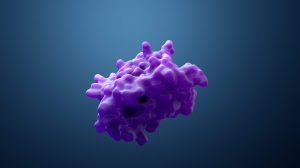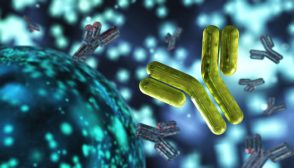Definition
noun, plural: pus cells
A dead polymorphonuclear leukocyte, i.e. neutrophil, found in pus.
Supplement
Pus cells, together with infectious agents, cell debris, and tissue fluid, are the constituents of the pus formed at the site of infection or injury. They are neutrophils that have reached the site of infection as an immune response against infectious organisms (such as bacteria). The neutrophils engulf and kill the infectious foreign bodies, but eventually succumb in the process, and become part of this viscous exudates.
Also called: pus corpuscle, pyocyte.
Dictionary > Pus cell
You will also like...

Arthropods
The arthropods were assumed to be the first taxon of species to possess jointed limbs and exoskeleton, exhibit more adva..

Protein Variety
The sequence of amino acids determines the type of protein. Protein is synthesized according to the sequence of nucleoti..

Passive and Active Types of Immunity
Lymphocytes are a type of white blood cell capable of producing a specific immune response to unique antigens. In thi..

The Conscious & Unconscious Nervous System
This tutorial elaborates on how the nervous system works, particularly at the tissue level of the brain. There are three..

Seed Plants
Seed plants are vascular plants. They differ from the other vascular plants in producing seeds that germinate into a new..

The Dinosaurs
Dinosaurs represented a major turn in the evolutionary development of organisms on Earth. The first dinosaurs were presu..

